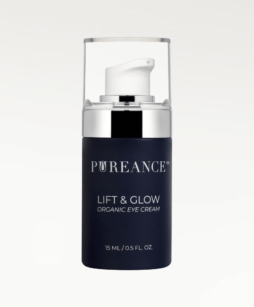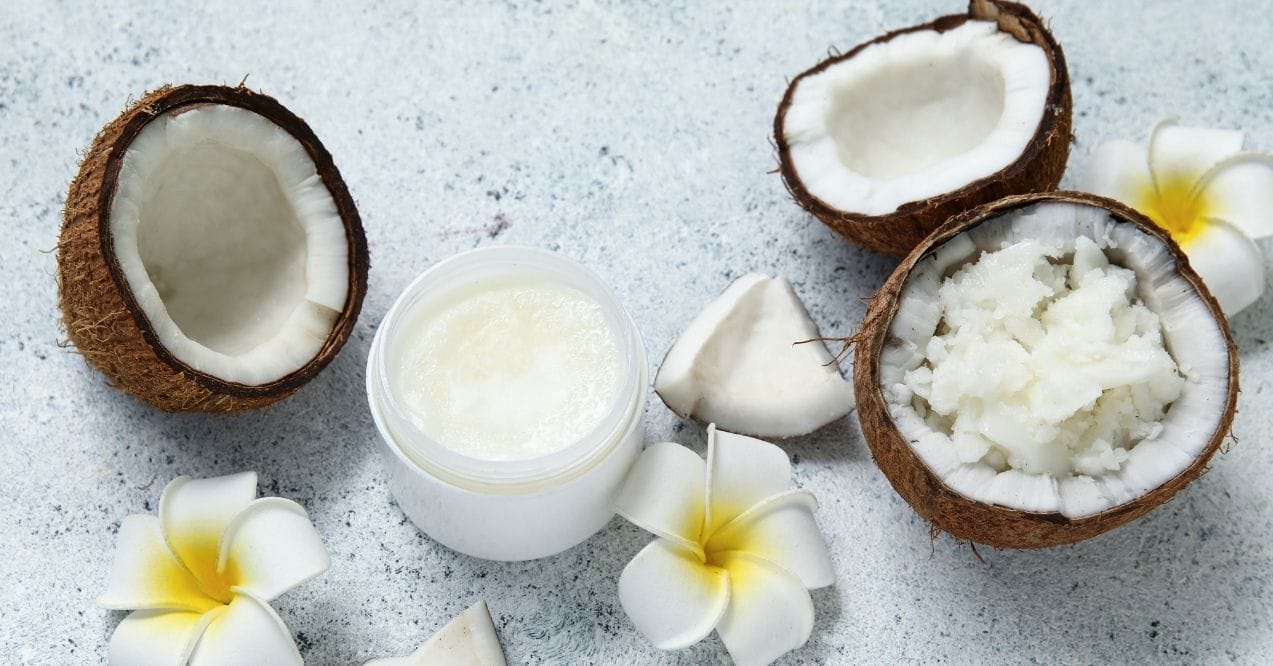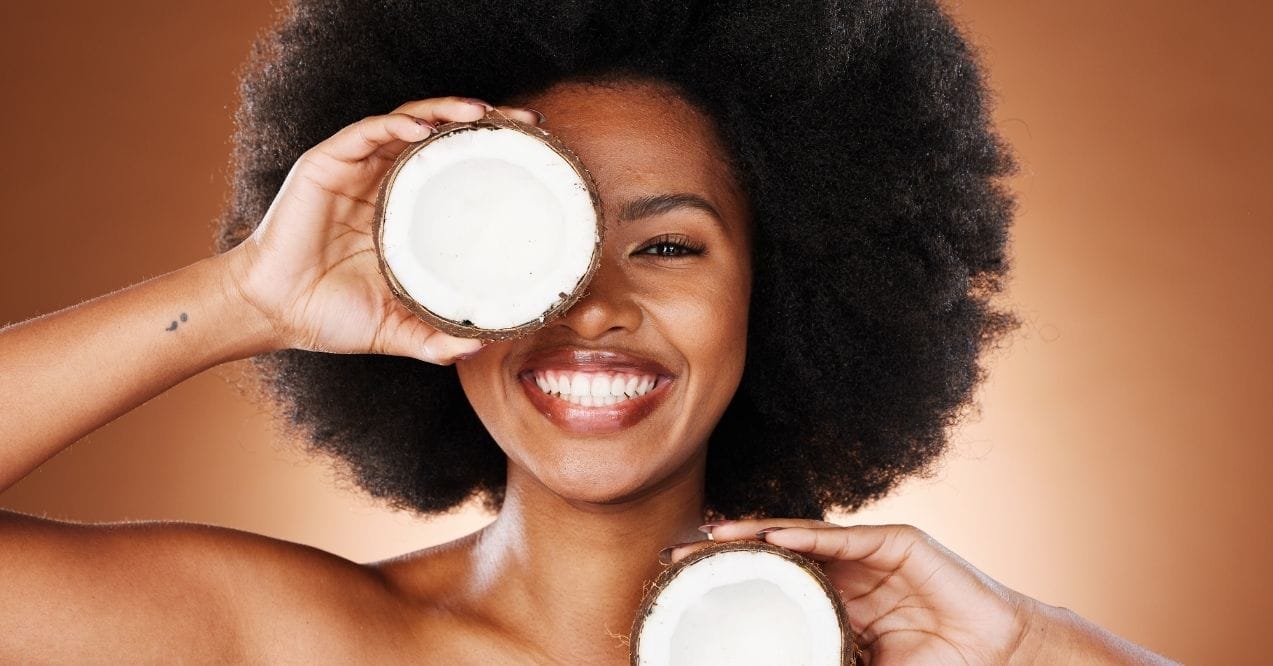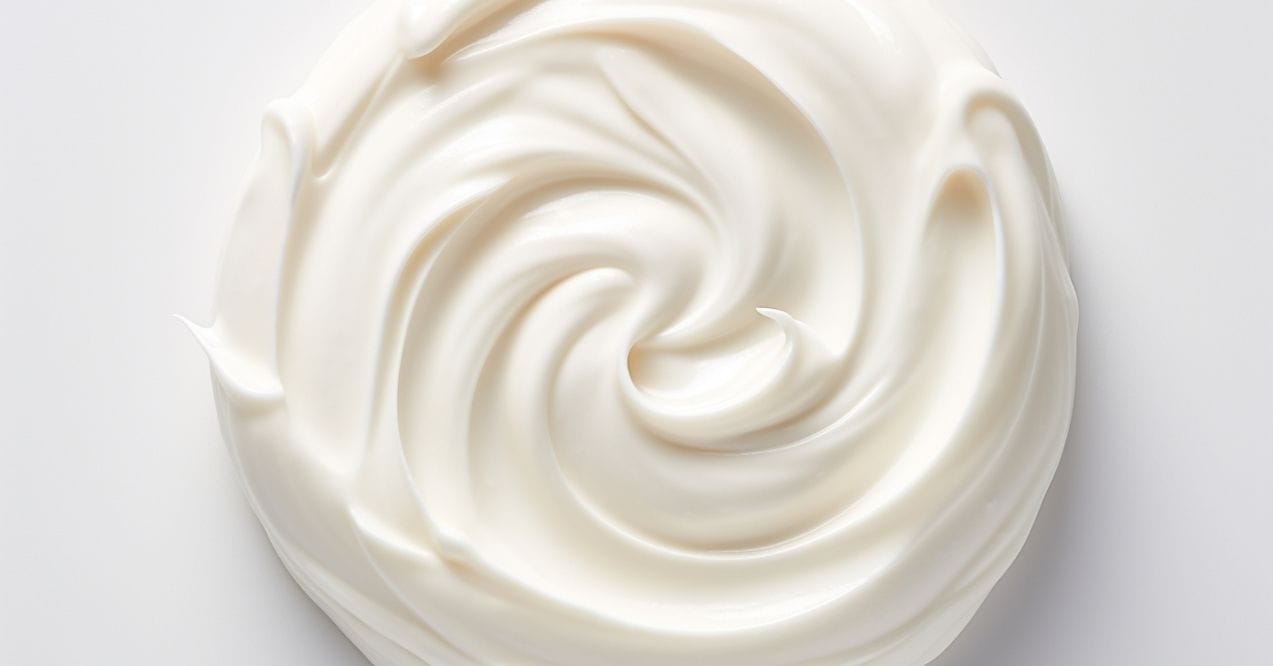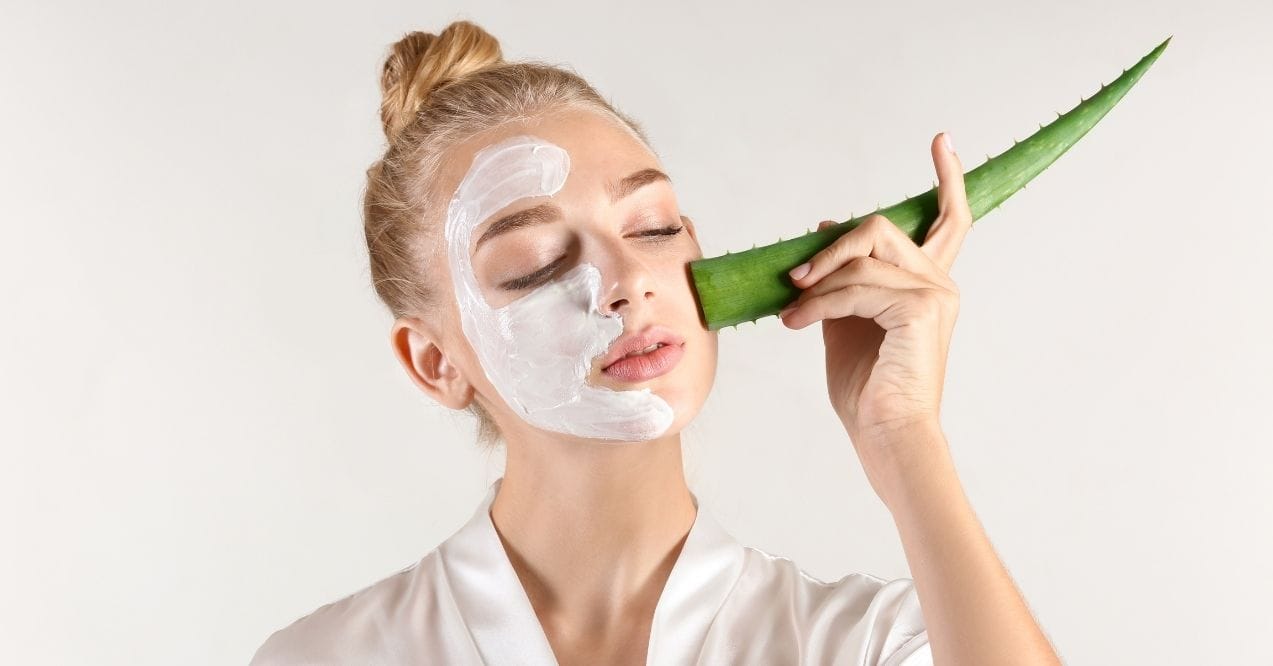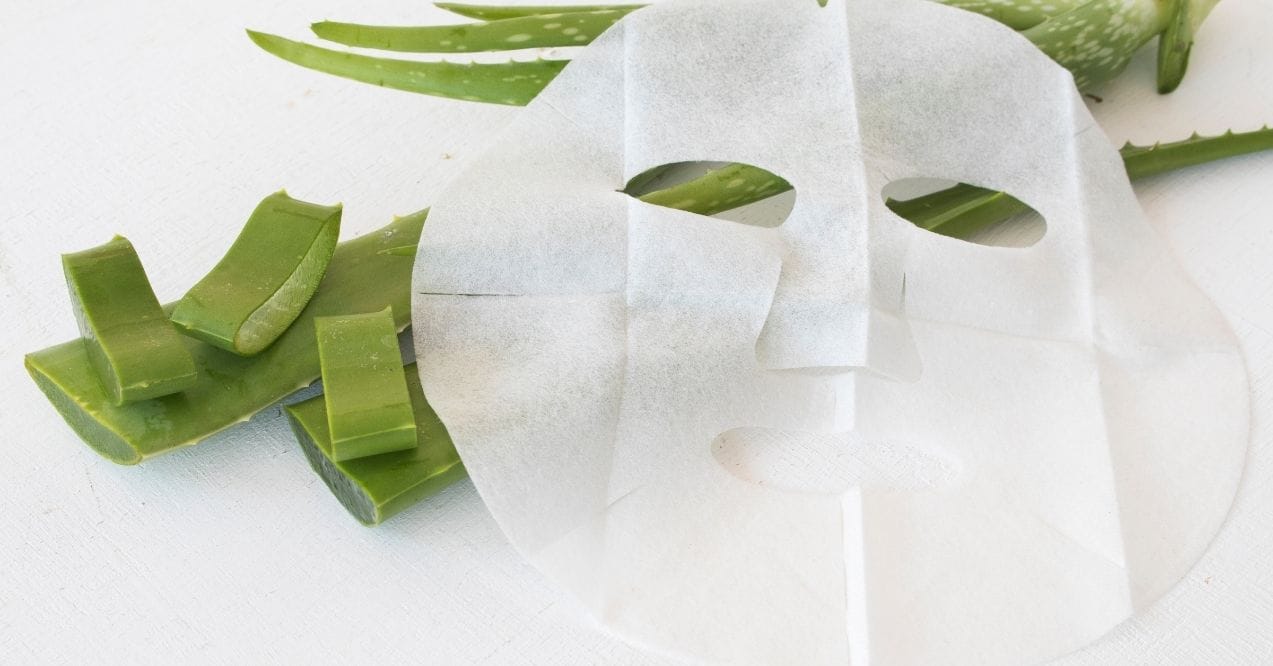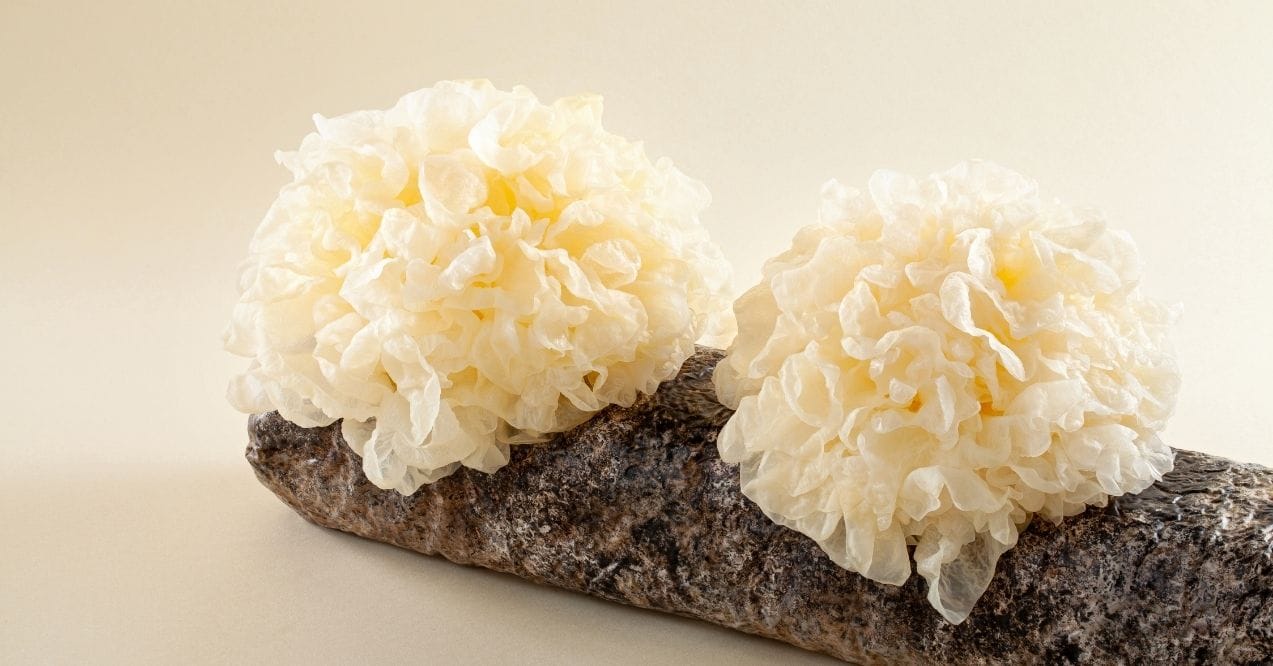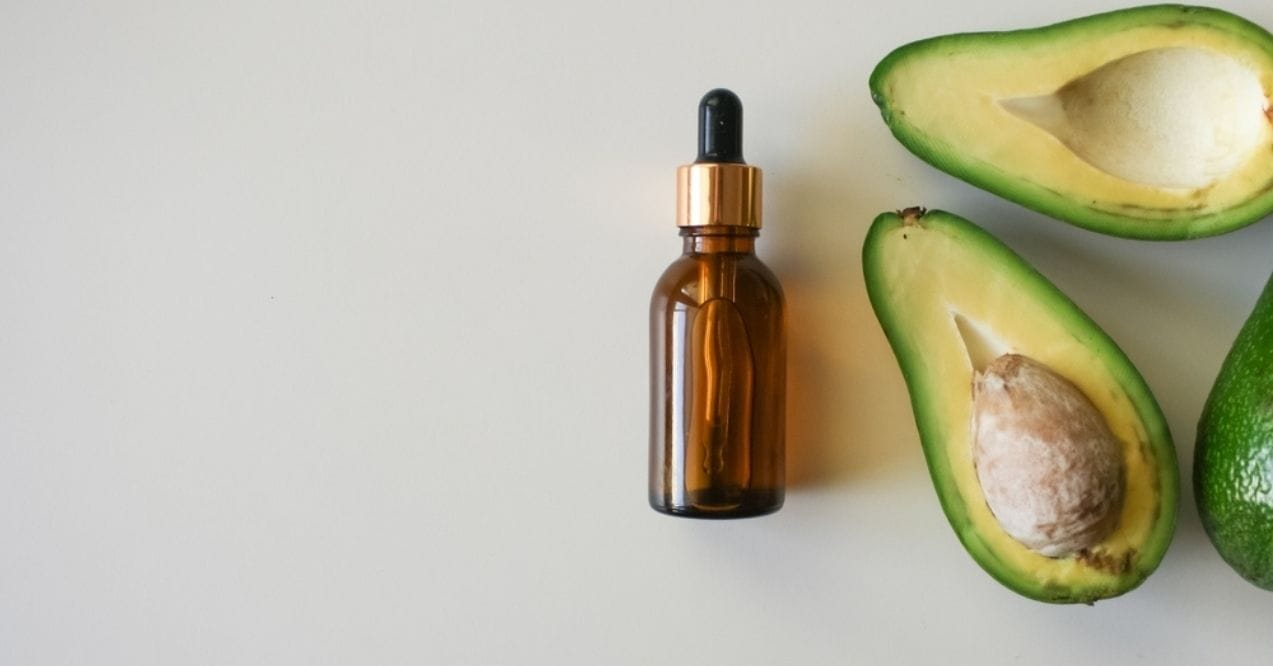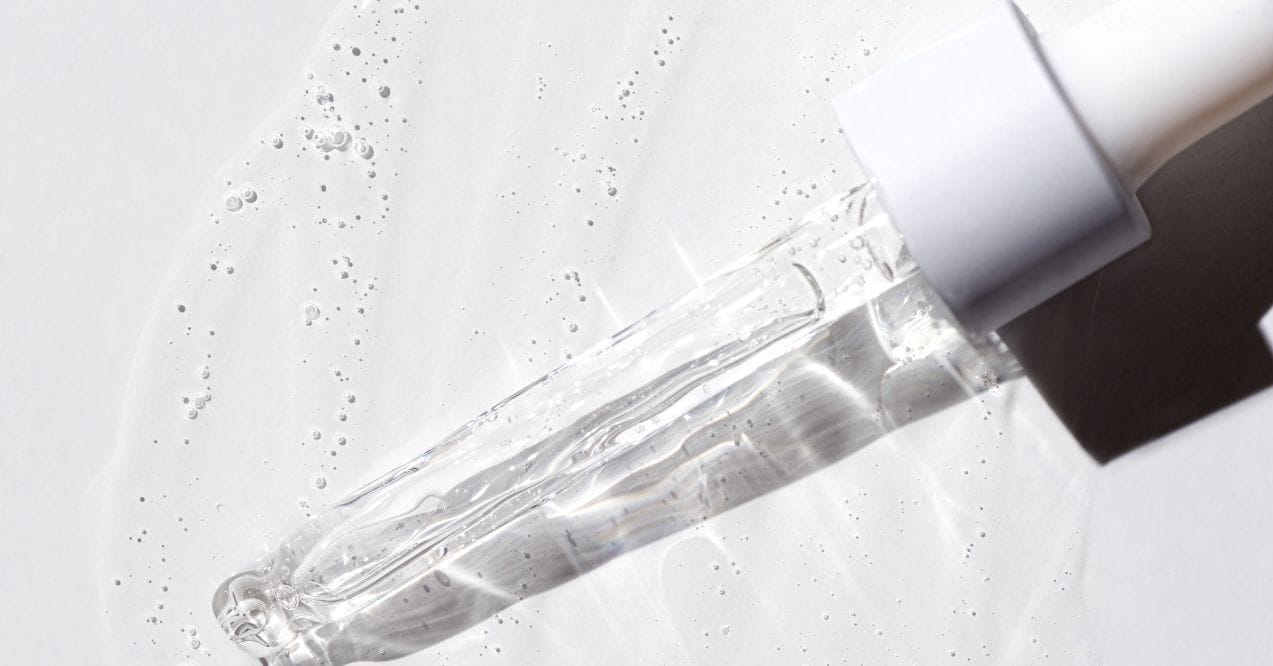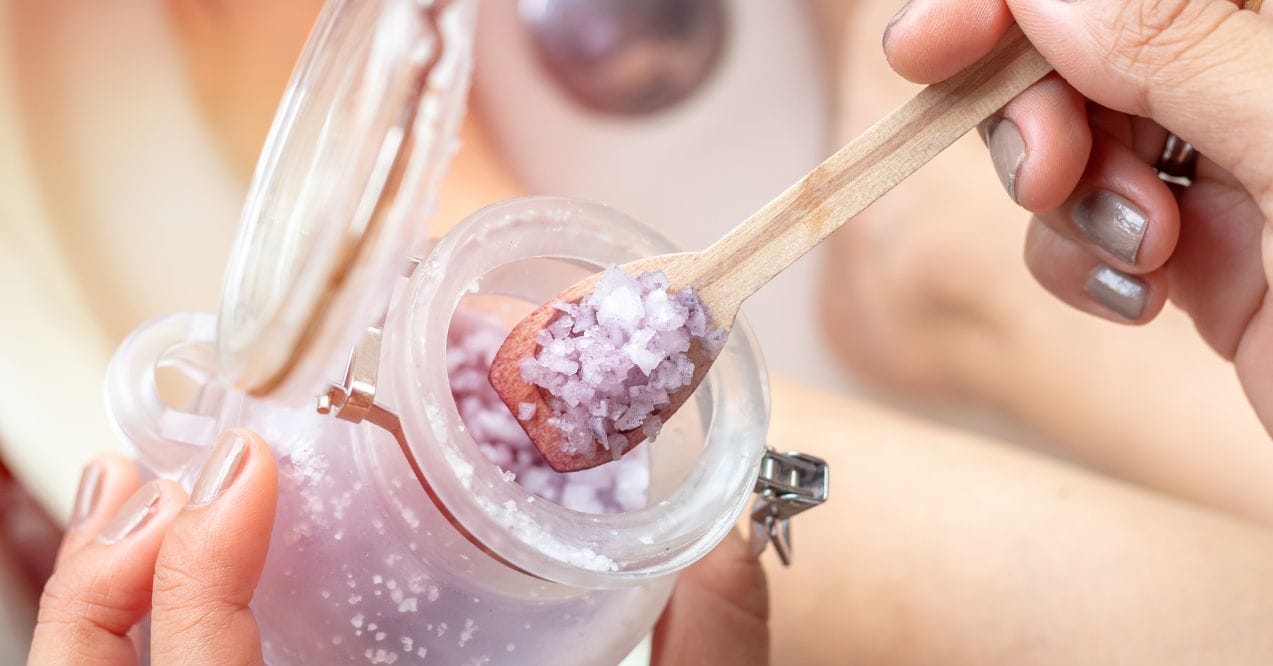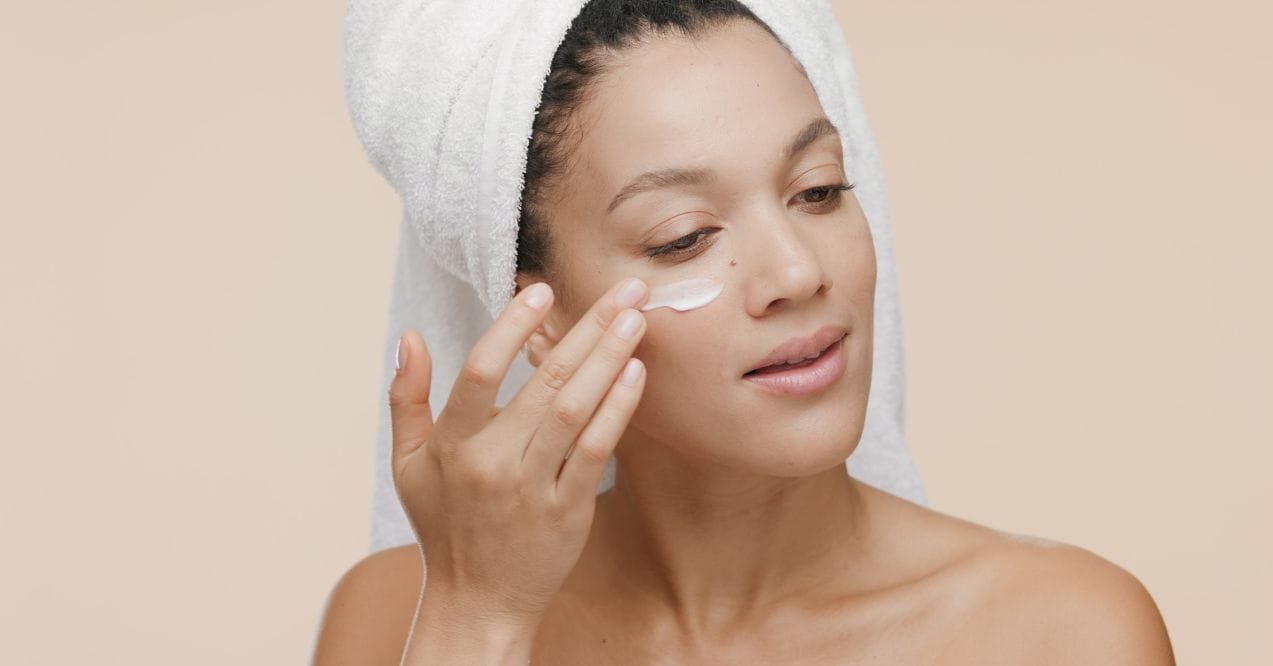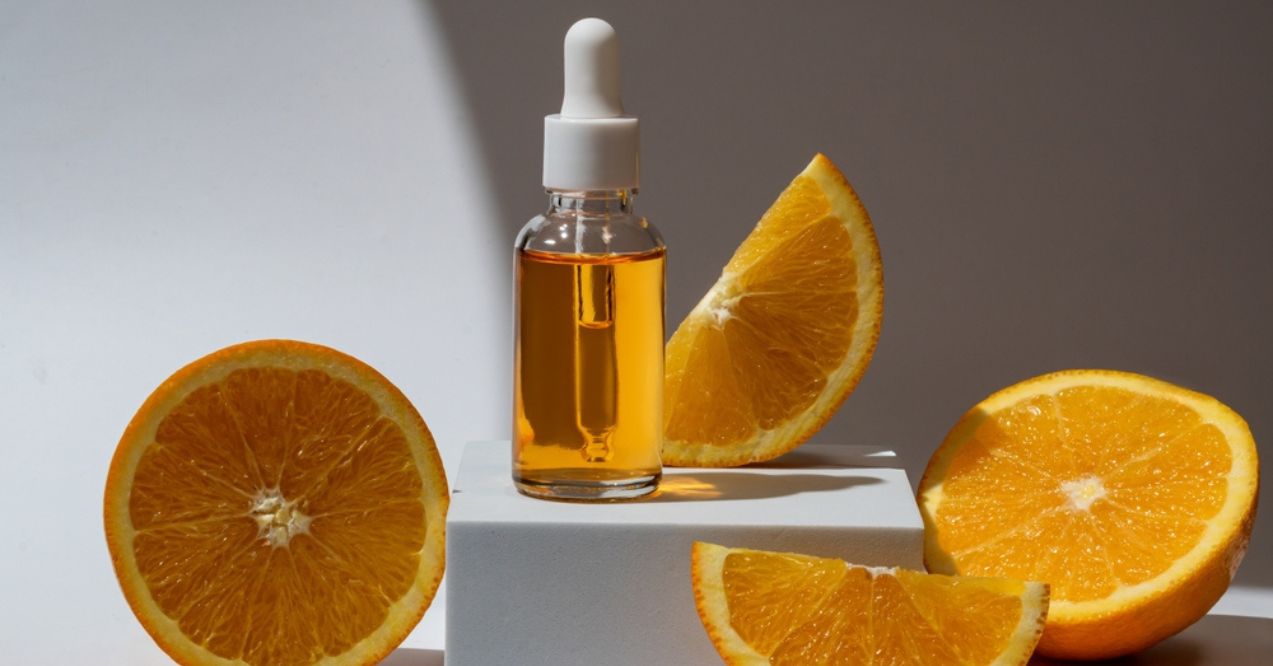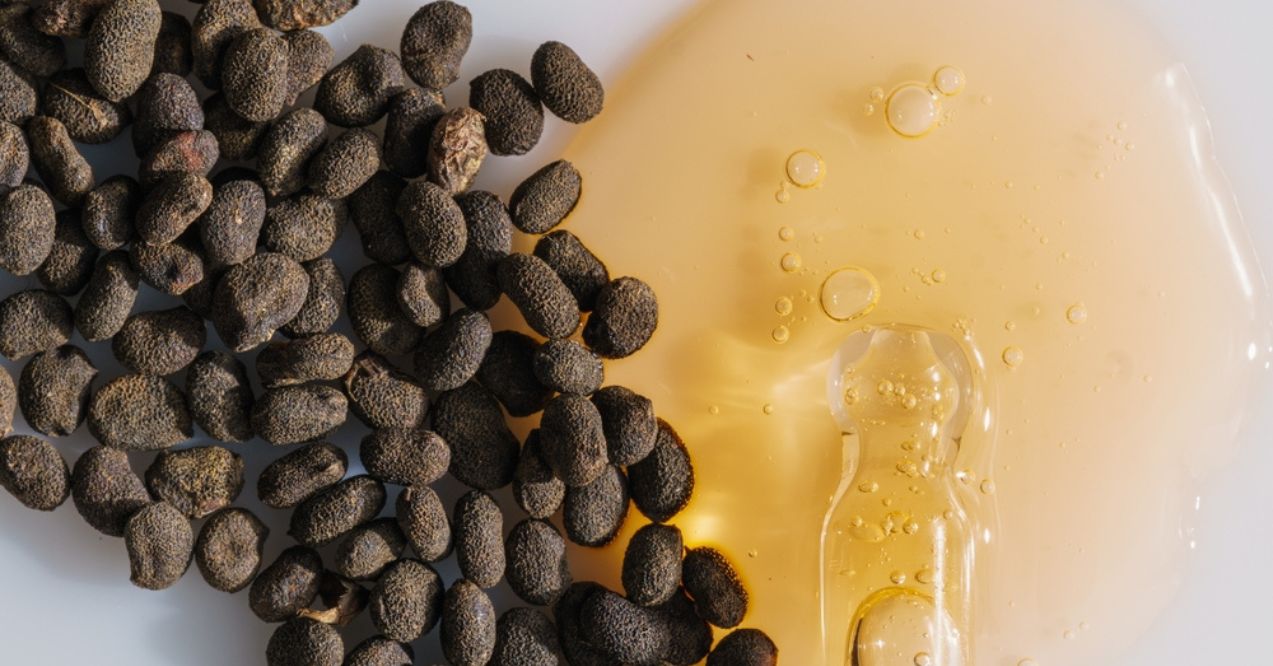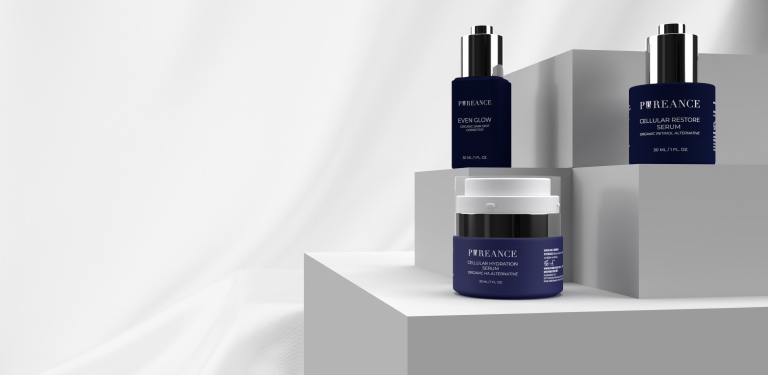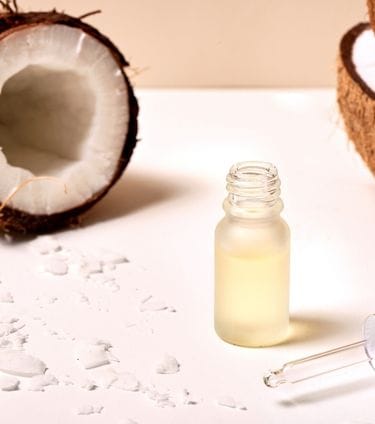
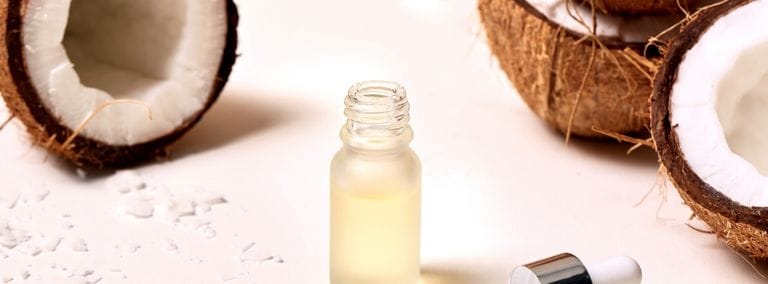

Is Coconut Oil Good for Wrinkles
You smooth on your nighttime moisturizer and catch a glimpse of those fine lines around your eyes deepening with each passing year. Sound familiar? Many mature women search for natural solutions to support their skin’s appearance as it changes with age. Coconut oil has emerged as a popular option, praised for its moisturizing properties and accessibility.
But is coconut oil good for wrinkles? This guide examines the science behind coconut oil’s effects on aging skin, how to properly apply it, and whether it’s suitable for your skin type.
Key Article Findings
- Coconut oil moisturizes and supports skin suppleness but won’t eliminate existing wrinkles.
- Works best for dry, mature skin types while oily or acne-prone skin should avoid facial use.
- Apply as final nighttime step after patch testing to ensure skin compatibility.
- Individual results vary based on skin type, application method, and consistency of use.
Can Coconut Oil Help With Wrinkles?
So, does coconut oil help wrinkles? While coconut oil won’t reverse aging, research suggests it may support skin appearance through its moisturizing and protective properties.
Collagen Support Through Moisture Retention
Coconut oil cannot directly stimulate collagen production, but it excels at maintaining skin hydration. Its medium-chain fatty acids, particularly lauric acid, penetrate the skin’s upper layers to lock in moisture. This hydration support helps maintain skin elasticity and suppleness.
Well-moisturized skin appears plumper and more resilient. When skin stays properly hydrated, existing collagen fibers function more effectively. This moisture barrier also protects against environmental stressors that can accelerate visible aging.
Surface Smoothing Effects
Regular coconut oil application can create a temporary smoothing effect on skin texture. The oil fills in microscopic gaps between skin cells, creating a more even surface. This effect particularly benefits dry, textured areas where fine lines appear more pronounced.
For those wondering how to get rid of crepey skin, coconut oil’s emollient properties offer modest support. The oil forms a protective layer that reduces water loss and improves skin’s overall appearance. Areas like the neck, chest, and hands often show improvement with consistent use.
However, results vary based on skin type and severity of existing lines. While coconut oil won’t eliminate deep wrinkles, many users report softer, more supple-looking skin with regular application.
How to Use Coconut Oil for Wrinkles
Proper application technique maximizes coconut oil’s skin-supporting benefits. Start with virgin, unrefined coconut oil for the highest quality nutrients. Always patch test on a small area before full facial application to ensure compatibility with your skin.
As a Night Moisturizer
Apply coconut oil as your final skincare step before bed for optimal absorption. Warm a pea-sized amount between your fingertips until it melts into a liquid. Gently press and pat the oil onto clean, slightly damp skin using upward motions.
Focus on areas prone to dryness and fine lines, such as the forehead, laugh lines, and neck. Use sparring amounts around the eye area, as coconut oil’s rich texture may cause morning puffiness in some individuals. Allow 10-15 minutes for absorption before lying down.
With Other Ingredients (Optional DIY Blends)
Enhance coconut oil’s moisturizing properties by combining it with complementary natural ingredients. For instance, does aloe vera help with wrinkles? Yes, its hydrating properties pair excellently with coconut oil.
Simple DIY Combinations:
- Coconut Oil + Aloe Vera – Mix 1 tablespoon coconut oil with 1 teaspoon pure aloe gel for lightweight hydration
- Coconut Oil + Raw Honey – Blend equal parts for added humectant properties that draw moisture to skin
- Coconut Oil + Vitamin E – Add 2-3 drops vitamin E oil per tablespoon coconut oil for antioxidant support
- Coconut Oil + Rose Water – Whip coconut oil with a few drops of rose water for a luxurious texture
Patch Test First
Before incorporating coconut oil into your routine, perform a patch test to check for reactions. Apply a small amount to your inner wrist or behind your ear. Wait 24-48 hours to observe any redness, irritation, or breakouts.
Mature skin can become more reactive over time, making patch testing essential. Even natural ingredients may cause unexpected responses, especially if you have sensitive or acne-prone skin.
Is Coconut Oil Good for Your Face and Wrinkles?
Facial skin requires special consideration due to its delicate nature and constant exposure to environmental factors. While coconut oil offers moisturizing benefits, its effectiveness varies significantly based on individual skin characteristics and application methods.
Consider Your Skin Type
Different skin types respond uniquely to coconut oil application:
- Dry/Mature Skin – Benefits most from intense moisture and protective barrier properties
- Normal Skin – Enjoys improved suppleness with 2-3 times weekly use
- Oily/Combination Skin – Requires extreme caution due to coconut oil’s comedogenic rating of 4
- Sensitive Skin – May experience reactions; always patch test first
Those prone to breakouts should limit application to specific dry areas like crow’s feet or forehead lines, avoiding the T-zone entirely.
Layering Coconut Oil in a Skincare Routine
Proper layering maximizes benefits while maintaining routine effectiveness. Follow this order:
- Water-based toners or essences
- Lightweight serums
- Treatment products
- Coconut oil (final step)
For very dry skin, replace traditional night cream entirely with coconut oil. Normal skin types can mix one drop with regular moisturizer for added nourishment without heaviness. Always allow each layer to absorb before applying coconut oil as your occlusive final step.
Pros and Cons of Using Coconut Oil for Wrinkle-Prone Skin
Understanding both benefits and limitations helps determine if coconut oil suits your skincare needs. Here’s a balanced overview:
Benefits:
- Deep moisturization supports skin elasticity and suppleness
- Creates protective barrier against moisture loss
- Natural composition ideal for sensitive mature skin
- Smoothing effect minimizes appearance of fine lines
- Affordable and widely available
- Contains antioxidants that support skin health
Potential Downsides:
- High comedogenic rating (4/5) may clog pores
- Can trigger breakouts in acne-prone individuals
- Heavy texture unsuitable for oily skin types
- May cause milia (small white bumps) around eyes
- Possible allergic reactions in sensitive individuals
- Limited scientific evidence for wrinkle reduction
Consider these factors alongside your skin type and concerns when deciding whether to incorporate coconut oil into your anti-aging routine.
Who Should (and Shouldn’t) Use Coconut Oil for Wrinkles
Individual skin characteristics determine whether coconut oil will support or hinder your anti-aging efforts. Age, skin type, and existing concerns all influence how your skin responds to this natural moisturizer. Making an informed choice requires understanding your skin’s unique needs and tendencies.
Ideal for Dry, Mature Skin
Mature skin naturally produces less sebum, leading to increased dryness and more visible fine lines. Coconut oil excels at replenishing these lost lipids, providing intense moisture that plumps and smooths skin texture.
Women over 50 often find coconut oil particularly beneficial for:
- Restoring suppleness to thin, papery skin
- Supporting barrier function in post-menopausal skin
- Alleviating flakiness around laugh lines and forehead
- Maintaining moisture in harsh weather conditions
Caution for Acne-Prone or Sensitive Skin
Despite its natural origins, coconut oil doesn’t suit every complexion. Its comedogenic properties make it problematic for those with oily or breakout-prone skin. Even mature women experiencing hormonal changes may find coconut oil triggers congestion.
Signs coconut oil may not suit you:
- Frequent breakouts or clogged pores
- Oily T-zone or combination skin
- History of allergic reactions to tree nuts
- Tendency toward milia or closed comedones
Conclusion
So, is coconut oil good for wrinkles? While it won’t erase deep lines, coconut oil offers valuable moisturizing support for dry, mature skin. Its ability to maintain hydration and create a protective barrier can improve skin’s overall appearance and texture.
Success depends on proper application and skin compatibility. Those with dry skin often see the best results, while oily or acne-prone individuals should proceed cautiously. Remember to patch test first and integrate coconut oil thoughtfully into your existing routine for optimal benefits.
Coconut oil supports skin hydration and maintains moisture barriers, which can improve the appearance of fine lines. While it won’t eliminate deep wrinkles, regular use promotes supple, smoother-looking skin, especially for dry or mature complexions.
Coconut oil doesn’t physically tighten skin but creates a temporary smoothing effect through deep moisturization. Well-hydrated skin appears plumper and more elastic. The oil supports skin’s natural moisture retention, promoting a firmer-looking appearance over time.
Warm a pea-sized amount between fingertips until liquid. Pat gently onto clean, damp skin using upward motions. Apply as your final nighttime step, focusing on dry areas while avoiding the T-zone if prone to breakouts.
This site offers health, wellness, fitness and nutritional information and is designed for educational purposes only. You should not rely on this information as a substitute for, nor does it replace, professional medical advice, diagnosis, or treatment. If you have any concerns or questions about your health, you should always consult with a physician or other health-care professional. Do not disregard, avoid or delay obtaining medical or health related advice from your health-care professional because of something you may have read on this site. The use of any information provided on this site is solely at your own risk.
Nothing stated or posted on this site or available through any services are intended to be, and must not be taken to be, the practice of medical or counseling care. For purposes of this agreement, the practice of medicine and counseling includes, without limitation, psychiatry, psychology, psychotherapy, or providing health care treatment, instructions, diagnosis, prognosis or advice.
